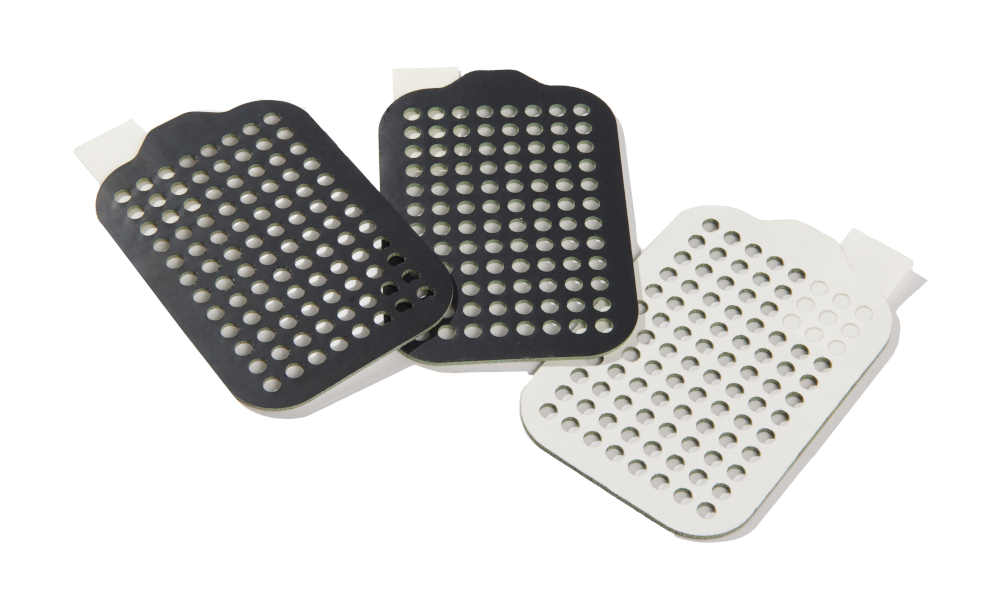Manufacturing
Laser Cut Gaskets vs. Waterjet Cut Gaskets
Customized cutting technique to optimize gasket performance
Customized cutting technique to optimize gasket performance

There are many different ways to cut gaskets for customer applications. Among these methods are:
When Stockwell Elastomerics was in the market for a “tool-less” cutting system, waterjet and laser cutting were the two technologies in the running. Laser and waterjet cutting systems were evaluated for part quality as well as processing efficiency (i.e. setup, maintenance, consumables, etc.) The key deciding factor was part quality. In general, the waterjet cut part quality was better when cutting across a variety of materials and thicknesses. Laser cutting tended to burn or at least char materials whereas the waterjets cut the material cleanly and accurately, and can be used with a wide range of materials. Other deciding factors were shorter setup times and lower operational cost.
In 2001 Stockwell Elastomerics purchased its first waterjet system; since then 3 additional units have been purchased for prototyping and productions runs. Current products being waterjet cut by Stockwell range from thick, soft sponges and foams to hard material such as high durometer solid rubber, thin polypropylene and Kapton® film tape.
Waterjet cutting is a slower process than die cutting. However if volumes are low the higher process cost can be offset by not having to purchase a tool. Often waterjet cutting is used where precision is paramount or when a die can not be made. Understanding the end use of the gasket and other considerations helps Stockwell Elastomerics recommend the appropriate technology for producing gaskets and pads. Stockwell Elastomerics does manufacturing for die cut gaskets, kiss cut gaskets, and waterjet cut gaskets. Stockwell does not make laser cut gaskets – for most applications, waterjet cutting, die cutting or kiss cutting is the superior technology to use.
In short, Stockwell Elastomerics finds waterjet cut gaskets to be superior to laser cut gaskets from a production standpoint and for use in many applications. Laser cutting gaskets is not uncommon. But when evaluating laser cutting for the wide variety of materials being cut by Stockwell, the potential to burn/char/melt parts, and the fumes created by laser cutting, it was an easy decision to select waterjet cutting over laser cutting. Stockwell Elastomerics currently has a dedicated production cell with 3 water jet cutting units.
Since water jets only use pressurized water to cut parts the only by product is the finite amount of substrate being removed by the .004″ stream of water. No fumes are produced from the cutting process as compared to the “burning” seen with laser cutting. Since the only byproduct produced by water jet cutting is a light water mist, it is considered a “green” technology.
Consideration should be given to edge quality when selecting laser cutting for gaskets. Laser cutting rubber or elastomeric materials often produces slightly charred, melted or burnt edges. Depending on the application, material and tolerance needed, this may or may not be acceptable.
Contact Us for further assistance with waterjet cut gaskets, die cut gaskets, or to replace laser cut gaskets.